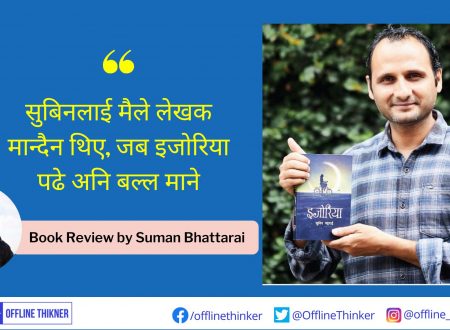Writing fiction is an art that allows authors to unleash their creativity, transport readers to new worlds, and weave captivating narratives. For aspiring writers diving into the world of fiction, mastering the craft is both a thrilling and challenging endeavor. Here are some major tips to help aspiring authors hone their skills and create compelling works of fiction.
1. Know Your Audience:

Understanding your target audience is crucial when crafting a work of fiction. Consider the age group, interests, and preferences of your potential readers. Tailoring your narrative to resonate with your audience enhances the impact of your story and increases its relatability.
2. Develop Well-Defined Characters:

Compelling characters are the heart of any good story. Invest time in developing well-rounded characters with distinct personalities, motivations, and flaws. Readers should be able to connect with and empathize with your characters, making them invested in the journey you take them on.
3. Create a Vivid Setting:

Immerse your readers in the world you’ve created by crafting a vivid setting. Whether it’s a bustling city, a mystical realm, or a quaint village, describe the details that bring your world to life. Engaging all the senses allows readers to fully experience the environment and enhances the overall reading experience.
4. Establish a Strong Plot:

A well-crafted plot is the backbone of any great fiction piece. Outline the main events, conflicts, and resolutions to ensure a coherent and engaging story-line. Incorporate twists and turns to keep readers guessing and invested in the narrative.
5. Show, Don’t Tell:

One of the golden rules of fiction writing is to “show” rather than “tell.” Instead of simply stating facts, paint a picture with your words. Allow readers to experience emotions, actions, and scenes firsthand, creating a more immersive reading experience.
6. Craft Dialogue with Purpose:

Dialogue is a powerful tool for revealing character traits, advancing the plot, and building relationships. Ensure that your characters’ dialogue serves a purpose, whether it’s conveying information, revealing conflict, or providing insight into their personalities.
7. Pace Your Story Effectively:

Effective pacing is vital to maintain readers’ interest throughout the story. Balance moments of tension and action with quieter, reflective scenes. Avoid prolonged periods of exposition or excessive backstory, as this can disrupt the flow of the narrative.
8. Edit and Revise:

The first draft is just the beginning. Dedicate time to the editing and revision process. Polish your prose, refine your dialogue, and eliminate unnecessary elements. Seeking feedback from beta readers or joining a writing group can provide valuable perspectives and suggestions.
9. Embrace Conflict:

Conflict is the driving force behind a compelling story. Introduce conflicts that challenge your characters, forcing them to evolve and grow. Whether it’s internal struggles or external challenges, conflict creates tension and keeps readers invested in the outcome.
10. Develop a Consistent Writing Routine:

Establishing a consistent writing routine is essential for making progress on your fiction project. Set aside dedicated time each day or week to focus on your writing. Consistency not only helps in completing your work but also strengthens your writing skills over time.
11. Read Widely and Analyze:

Reading a diverse range of fiction works exposes you to different writing styles, perspectives, and storytelling techniques. Analyze what works well in your favorite novels and apply those insights to your own writing. Learn from both successful authors and lesser-known gems.
12. Embrace Rejection and Learn:

Rejections are an inevitable part of a writer’s journey. Instead of viewing them as setbacks, consider them as opportunities to learn and improve. Use feedback from editors, agents, or writing peers to refine your skills and enhance your storytelling.
13. Stay True to Your Voice:

While learning from others is valuable, don’t lose sight of your unique voice as a writer. Your individual perspective and style are what make your fiction distinct. Embrace your authenticity, and let your voice shine through in your writing.
Conclusion:
Writing fiction is a multifaceted journey that demands dedication, creativity, and continuous learning. Armed with these major tips, aspiring authors can embark on their literary adventures with confidence. Remember that every word you write is a step closer to realizing the vibrant worlds and compelling stories that exist within your imagination. Happy writing!
Follow Offline Thinker on Facebook, Twitter, and Instagram. You can send us your writings at connect.offlinethinker@gmail.com







